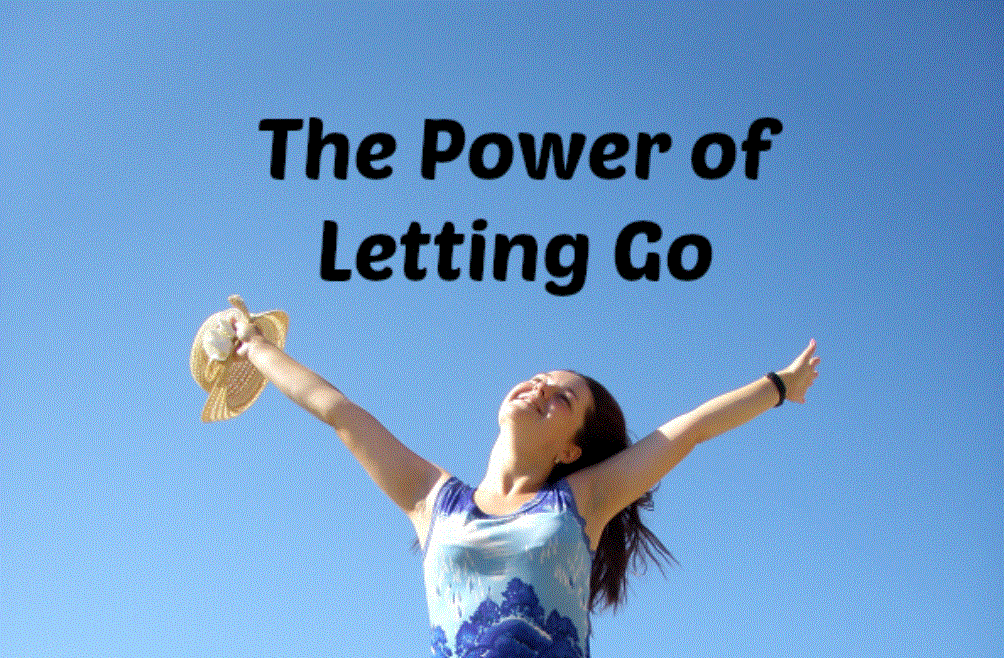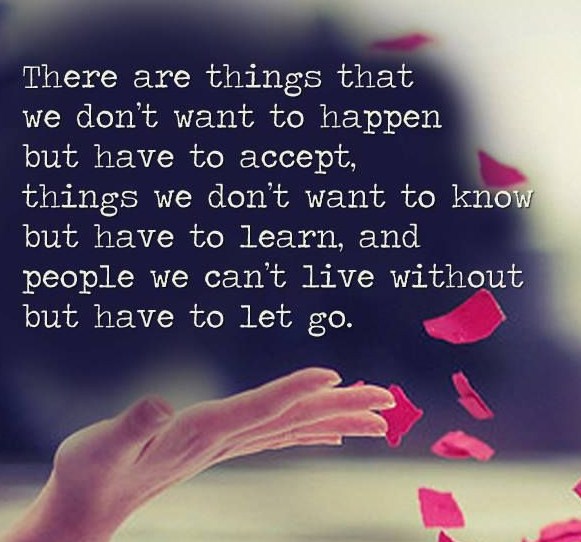The Power of Letting Go: Walking Away with Strength and Kindness

Embracing Strength and Kin
In the face of challenging relationships, be they personal, professional, or emotional, we often find ourselves at crossroads. The path ahead isn’t always clear, and sometimes, the best course of action is walking away. But this is not a walk of defeat; it is a demonstration of strength, wisdom, and an unshakable sense of self-worth. The quote, “Strong enough to walk away, e
In this article, we will explore the profound meanings behind this quote, examining its relevance in our personal and professional lives. We’ll discuss how to cultivate strength, navig

The Stre
At its core, strength is not about holding onto situations, people, or environments that cause us pain. Instead, strength is about recognizing when it’s time to leave. Personal boundaries are a fundamental part of self-care and emotional i
1. Defining Boundaries
Boundaries are the invisible lines that separate what is acceptable and what is not. They can be emotional, physical, or psychological. For example, if a relationship continually leaves you feeli
2. The Power of Self-Respect
When we walk away from toxic environments, we exercise self-respect. Saying goodbye to situations that diminish our worth allows us to honor our feelings and needs. Self-respect means that we prioritize our well-being over others’ expectations. It is an act of personal empowerment—taking control of our narrative and ensuring that our emotional health is a top priority.

The Kindness to Wish Them Well: The Role of Compassion in Letting Go
While walking away requires strength, wishing others well even when they have wronged us calls for a deeper kind of maturity—compassion. It’s easy to carry resentment and hold grudges, especially when we’ve been hurt. However, the true test of emotional intelligence lies in how we choose to respond to pain.
1. The Power of Forgiveness
Forgiveness is not about condoning someone else’s actions; it is about freeing yourself from the burden of anger and resentment. By forgiving, you are releasing yourself from the negative emotional weight that comes with holding onto past grievances. In a sense, forgiveness is an act of kindness—both towards the other person and yourself.
2. Releasing the Need for Revenge
In many cases, the people we walk away from may not understand the pain they’ve caused, and they may even continue their behaviors. Wishing them well doesn’t mean that you condone their actions; rather, it signifies that you no longer need them to apologize or change in order to move forward. By choosing to let go of the desire for revenge or correction, you give yourself the gift of peace.
The Psychological Impact of Walking Away with Grace

The act of walking away and wishing others well may seem like a small gesture, but it carries significant psychological benefits. When we choose to leave situations gracefully, we are actively cultivating resilience and emotional balance. Here are a few psychological effects of this practice:
1. Strengthening Self-Esteem
When we can let go of what no longer serves us, we affirm our self-worth. Walking away isn’t a sign of weakness; it is an assertion of our value. It demonstrates that we are not willing to tolerate situations that diminish our self-esteem. This strengthens our self-image and reinforces the belief that we deserve peace, respect, and love.
2. Increased Emotional Resilience
By practicing the art of walking away with kindness, we become more resilient in the face of adversity. Emotional resilience is the ability to recover from setbacks and keep moving forward. When we no longer cling to toxic relationships or situations, we create space for healing and personal growth. This emotional freedom empowers us to face future challenges with greater strength and clarity.
3. Developing Emotional Intelligence
Emotional intelligence (EI) refers to the ability to recognize, understand, and manage our emotions, as well as the emotions of others. Walking away with grace and kindness is a reflection of high EI. It requires self-awareness, empathy, and the ability to regulate our emotions in difficult situations. By practicing these qualities, we improve our ability to navigate complex social dynamics and build healthier, more fulfilling relationships.
When Is It Time to Walk Away? Signs and Indicators
Knowing when to walk away can be one of the most difficult decisions we face. Often, we find ourselves holding on, hoping things will improve, or fearing the consequences of leaving. However, there are key signs that indicate it may be time to walk away. Recognizing these signs can help you make a clear, informed decision.
1. Emotional Exhaustion
If a relationship or situation has left you emotionally drained, it’s a sign that your energy is being depleted without replenishment. Emotional exhaustion often manifests as constant stress, anxiety, or a sense of hopelessness. This is a clear signal that it’s time to reevaluate the situation.
2. A Lack of Respect
Respect is the foundation of any healthy relationship. If you consistently feel disrespected, undervalued, or unheard, it may be time to walk away. Respectful relationships foster mutual understanding, whereas disrespectful ones erode self-worth.
3. The Pattern of Toxicity
Toxic relationships are often characterized by manipulation, control, or abuse. These behaviors create an unhealthy cycle that can be difficult to break. If you’ve tried to set boundaries or communicate your needs, and the toxicity continues, it may be time to walk away for your mental and emotional well-being.
4. A Loss of Trust
Trust is another cornerstone of strong relationships. If trust has been broken—whether through dishonesty, betrayal, or broken promises—it can be extremely difficult to rebuild. Walking away from a relationship where trust has been compromised may be the healthiest decision.
How to Walk Away with Strength and Kindness

Walking away with strength and kindness doesn’t happen overnight. It’s a process that requires self-reflection, patience, and a deep commitment to self-care. Here are a few steps to help guide you through this process:
1. Acknowledge Your Emotions
Before making any decision, take time to understand your emotions. Allow yourself to feel anger, sadness, or disappointment. These emotions are valid, but they should not control your actions. Acknowledging them is the first step toward healing.
2. Communicate with Honesty and Respect
If possible, have an honest conversation with the person involved. Express your feelings calmly and clearly, explaining why you are walking away. Avoid blaming or attacking, as this will only escalate the situation. Instead, communicate your boundaries and your need for space.
3. Release the Need for Closure
Sometimes, walking away means accepting that you may never receive the closure you desire. Closure doesn’t always come from an external source—it often comes from within. Accept that the end of the relationship or situation is a necessary step for your personal growth.
4. Focus on Self-Care
Once you’ve made the decision to walk away, focus on nurturing yourself. Spend time with people who uplift you, engage in activities that bring you joy, and prioritize your emotional health. This is the time to replenish your energy and build a foundation of self-love.
The Last Word: Finding Peace in Letting Go

Walking away is not a sign of failure; it is an affirmation of your strength and kindness. By making the difficult choice to leave toxic or unfulfilling situations, you are choosing to honor yourself. Wishing others well, even after parting ways, is a testament to your emotional maturity and your ability to let go with grace. It takes immense strength to walk away from something familiar, but it takes even greater strength to wish those you leave behind the best. In doing so, you free yourself from negativity, creating space for positivity and growth.
In the end, it’s about finding peace—peace within yourself, peace with your past, and peace in your future. When you walk away with strength and kindness, you reclaim your power and move forward with clarity, purpose, and a heart open to new possibilities.












